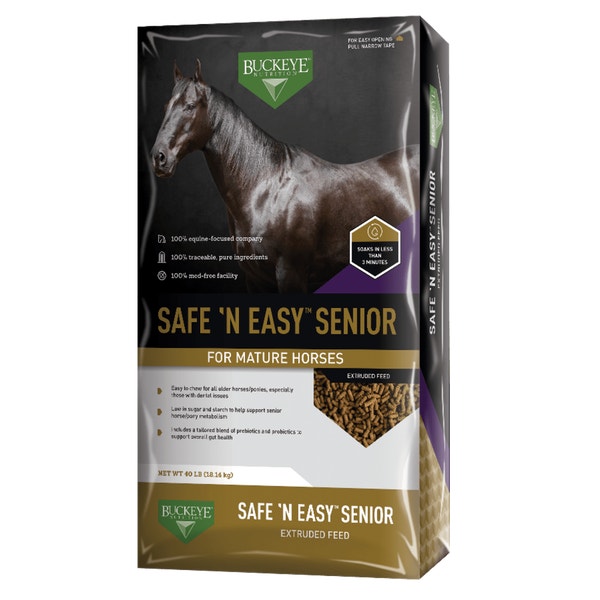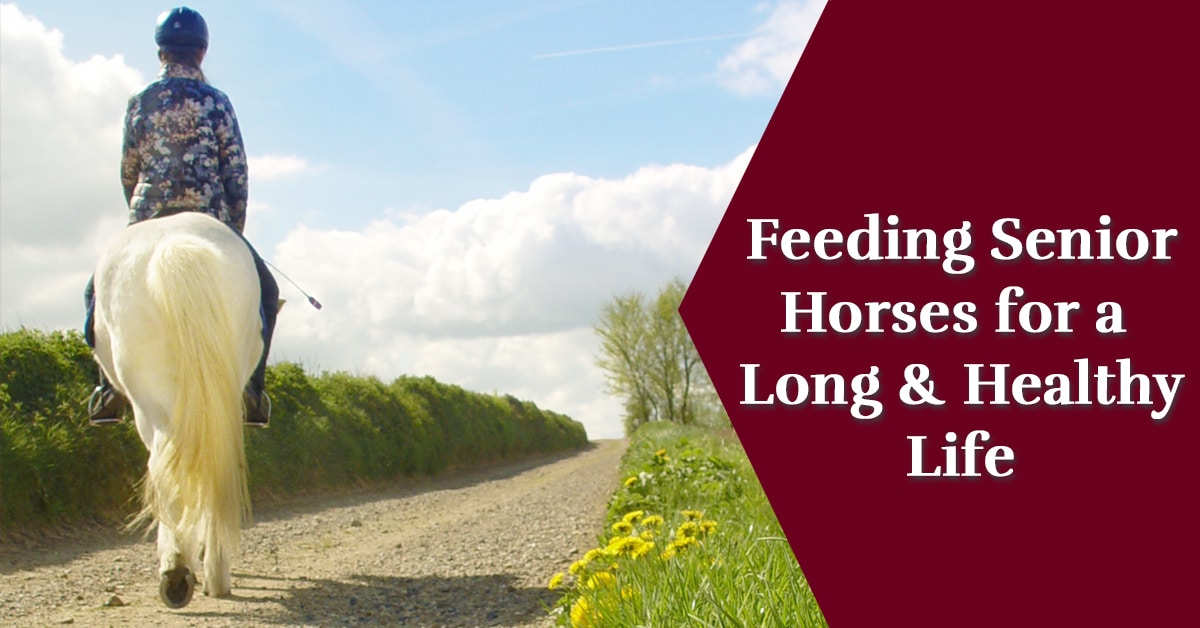Senior Horse Nutrition: Adjusting for Age

As horses age, their nutritional needs change significantly. Proper nutrition is crucial to maintain their health, vitality, and quality of life during their senior years. This article explores the key aspects of senior horse nutrition, offering practical advice on how to adjust their diet to meet their evolving needs.
Understanding the Nutritional Needs of Senior Horses
Senior horses often experience changes in metabolism, dental health, and digestive efficiency. These changes affect how they process and absorb nutrients, making it essential to tailor their diet accordingly.
| Nutritional Factor | Considerations for Senior Horses |
|---|---|
| Energy Requirements | May decrease due to reduced activity but can vary |
| Protein | Needs may increase to support muscle maintenance |
| Fiber | Essential for digestive health; high-quality forage needed |
| Vitamins and Minerals | Adjustments may be necessary to support immune function |
| Water | Increased intake is vital to prevent dehydration |
Key Adjustments in Senior Horse Diets
1. Energy and Protein
Older horses may require diets that are lower in calories if they are less active, but protein intake should be maintained or increased to preserve muscle mass and support tissue repair.
2. Forage Quality
High-quality forage is critical since older horses may have dental issues that limit their ability to chew coarse hay. Soaking hay or providing pelleted forage can help.
3. Supplementation
Adding vitamin and mineral supplements can address deficiencies common in senior horses, such as vitamin E, selenium, and zinc, which support immune health and antioxidant defenses.
4. Hydration
Senior horses may drink less water, increasing the risk of colic and dehydration. Encouraging water intake through flavored water or multiple water sources is beneficial.
Practical Feeding Tips
- Feed smaller, more frequent meals to aid digestion.
- Monitor body condition regularly to adjust feed accordingly.
- Use senior-specific feeds formulated for easier digestion and nutrient density.
- Regular dental check-ups to ensure effective chewing.
FAQ
Q: How can I tell if my senior horse is getting enough nutrition?
A: Monitor weight, coat condition, energy levels, and consult your vet for regular health assessments.
Q: Should I change my horse’s diet immediately after they turn 15?
A: Not necessarily; dietary changes should be based on health status and nutritional needs rather than age alone.
Q: What are signs of poor nutrition in senior horses?
A: Weight loss, dull coat, lethargy, and poor muscle tone are common indicators.
Conclusion
Adjusting nutrition for senior horses is vital to support their health and longevity. By understanding their unique needs and making informed dietary changes, owners can help their aging horses thrive.
This detailed guide aims to provide horse owners with actionable insights to optimize senior horse nutrition effectively.
